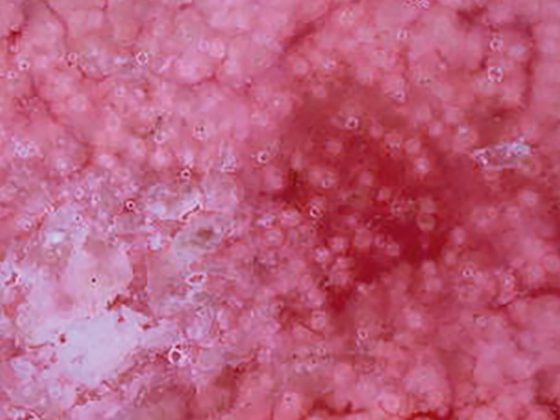Immunoadsorption (IA) shows advantages over methylprednisolone in patients with steroid-refractory acute relapses of multiple sclerosis. An observational study evaluating the efficacy of immunoadsorption (IA) vs. methylprednisolone in patients with steroid-refractory acute relapses of multiple sclerosis demonstrated favorable results for immunoadsorption compared with double-dose methylprednisolone.
While long-term immunomodulatory therapies for multiple sclerosis (MS) have seen significant advances, the treatment approach for acute MS relapses has remained largely unchanged in recent years. Administration of high-dose intravenous methylprednisolone, at up to 1000 mg daily for three to five consecutive days, is recommended as standard treatment. For a majority of patients, this treatment results in symptom relief; however, approximately 25% of patients respond inadequately to the first cycle of methylprednisolone, so current guidelines recommend a second cycle with a double dose of up to 2000 mg daily for three to five consecutive days. Only then should plasma exchange procedures be used in the absence of response.
Here, an alternative treatment methodology is immunoadsorption (IA), a therapeutic apheresis to remove immunoglobulins. Two prospective and several retrospective studies have demonstrated response rates ranging from 50 to 86% in patients with clinically isolated syndrome (CIS) or relapsing-remitting MS (RMS). These had previously responded inadequately to treatment with methylprednisolone.
Apheresis treatment is invasive because of the frequent need for a central venous catheter – although very good experience has now been made with a large-lumen peripheral venous catheter – and it is more expensive than methylprednisolone treatment. The mechanisms of action also differ: methylprednisolone treatment targets T cells almost exclusively, whereas IA is used to remove soluble immunoglobulins. “Until now, there has been a lack of groundbreaking comparative studies contrasting the efficacies of apheresis treatment and a second cycle of methylprednisolone in double dosage, thus providing a basis for concretizing (extending) the existing treatment guidelines,” explains Prof. Wiendl, Director of Neurology at Münster University Hospital and spokesperson for the KKNMS Board.
Pfeuffer and colleagues have now published the data of a prospective clinical study collected within a collaborative project of the university hospitals in Münster and Düsseldorf. Patients with steroid-refractory acute MS were treated with either a 6-cycle tryptophan immunoadsorption or a second cycle of double-dose methylprednisolone. In addition, extensive analyses of cellular and soluble factors in peripheral blood were performed to investigate the effects of both treatments on the immune system.
Data from the 42-patient study show that tryptophan IA (n=16) has a beneficial effect compared with a repeat, higher-dose methylprednisolone pulse (n=26), and that there is a benefit to patients in terms of clinical function scores, health-related QoL (quality of life) scores, and serum NfL levels-not only immediately after treatment, but also at the 3-month follow-up. Flow cytometry measurements revealed a profound reduction in B-cell subsets after IA, which correlated closely with clinical outcomes.
“In view of these results, it should be considered whether in steroid-refractory MS relapses with a deficit relevant to everyday life, instead of the previously propagated renewed steroid therapy, immunoadsorption should not be connected directly,” said Prof. Dr. Ralf Gold Director of the Neurological University Hospital Bochum and board member of the KKNMS, who has been working for years on the effect of plasma exchange procedures in neuroimmunological diseases. Thus, the results of the study may influence guidelines for escalation therapy of acute MS relapse.
Literature
1. Pfeuffer, S., Rolfes, L., Wirth, T. et al. Immunoadsorption versus double-dose methylprednisolone in refractory multiple sclerosis relapses. J Neuroinflammation 19, 220 (2022). https://doi.org/10.1186/s12974-022-02583-y
Original puplication:
Pfeuffer, S., Rolfes, L., Wirth, T. et al. Immunoadsorption versus double-dose methylprednisolone in refractory multiple sclerosis relapses. J Neuroinflammation 19, 220 (2022). https://doi.org/10.1186/s12974-022-02583-y











